Airlines Sue Transportation Department Over Fee Disclosure Rules
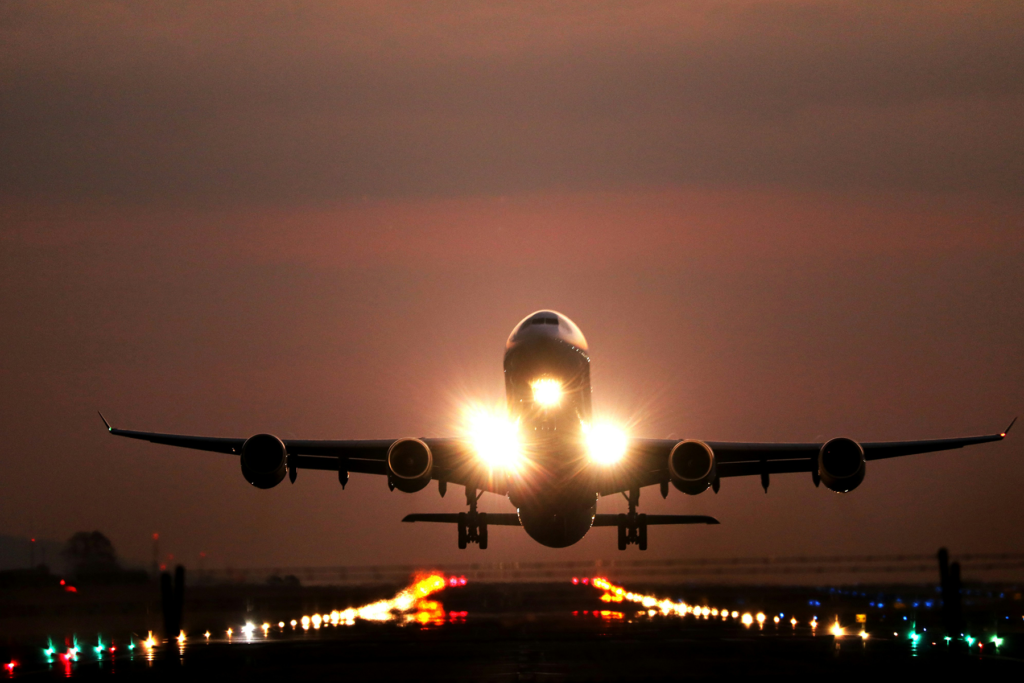
Reuters reports A4A is joining with Alaska Airlines, American Airlines, Delta Air Lines, Hawaiian Airlines, JetBlue, and United Airlines to challenge the rulemaking announced in April.
Airlines Call New Rules “An Abuse of Discretion and Otherwise Contrary to Law”
The rule comes from a new set of regulations announced on April 24, 2024. In addition to requiring airlines to offer prompt refunds for cancellations and major flight delays, the DOT required airlines and travel agencies to disclose “junk fees” upfront to flyers. These fees included baggage fees and reservation change or cancellation fees.
According to the DOT, their enforcement actions resulted in over $3 billion in refunds and reimbursements for flyers, along with $164 million in penalties for consumer protection violations. Moreover, the government agency estimates consumers overpaid airlines in ancillary fees to the tune of $543 million.
In their response, Reuters says the airlines clam the rule is an “arbitrary, capricious, an abuse of discretion and otherwise contrary to law.” The lawsuit was not available for review on the court’s website.
In a statement to the news organization, Airlines for America said that the Transportation Department’s rule to “regulate private business operations in a thriving marketplace is beyond its authority.” They claim that fees are already provided at the time of purchase, and the rule is nothing more than a “bad solution in search of a problem.
Southwest Airlines, which is the only airline which does not charge for checked baggage, was not a party to the lawsuit. The carrier originally expressed their support for the DOT’s new rules.
Stay up to date with FlyerTalker’s take on the rule changes on the FlyerTalk forums.
Photo by Josue Isai Ramos Figueroa on Unsplash


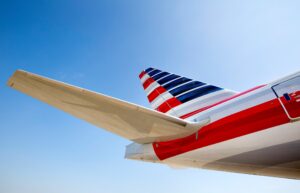


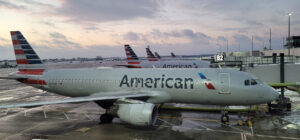



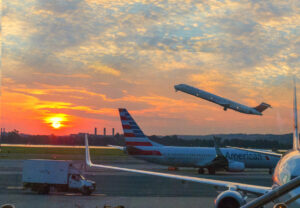

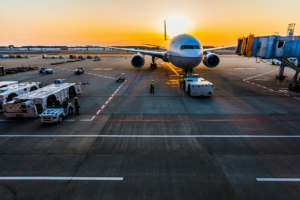








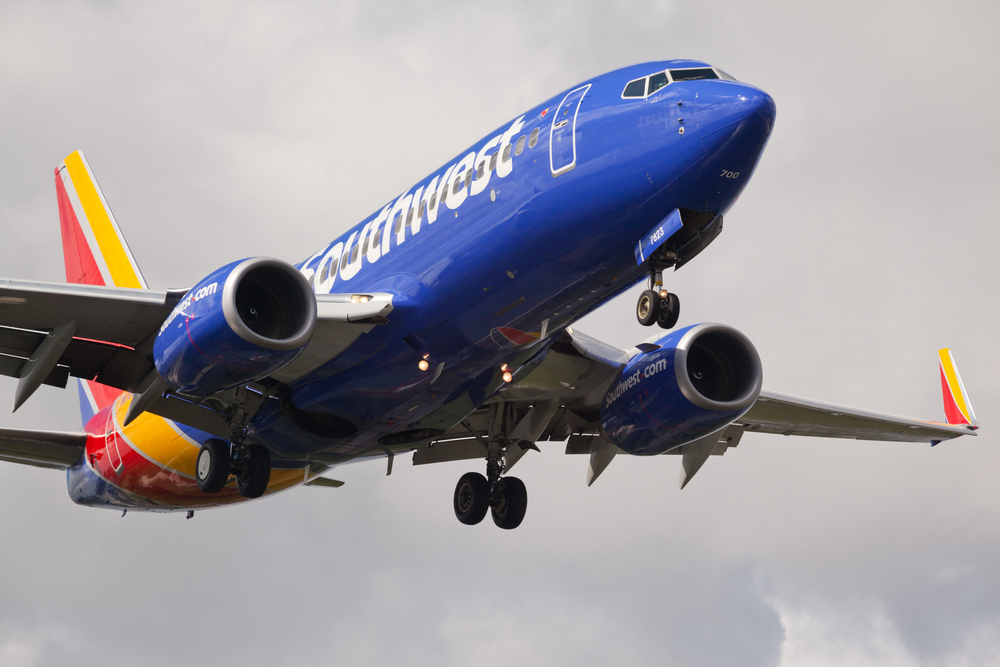
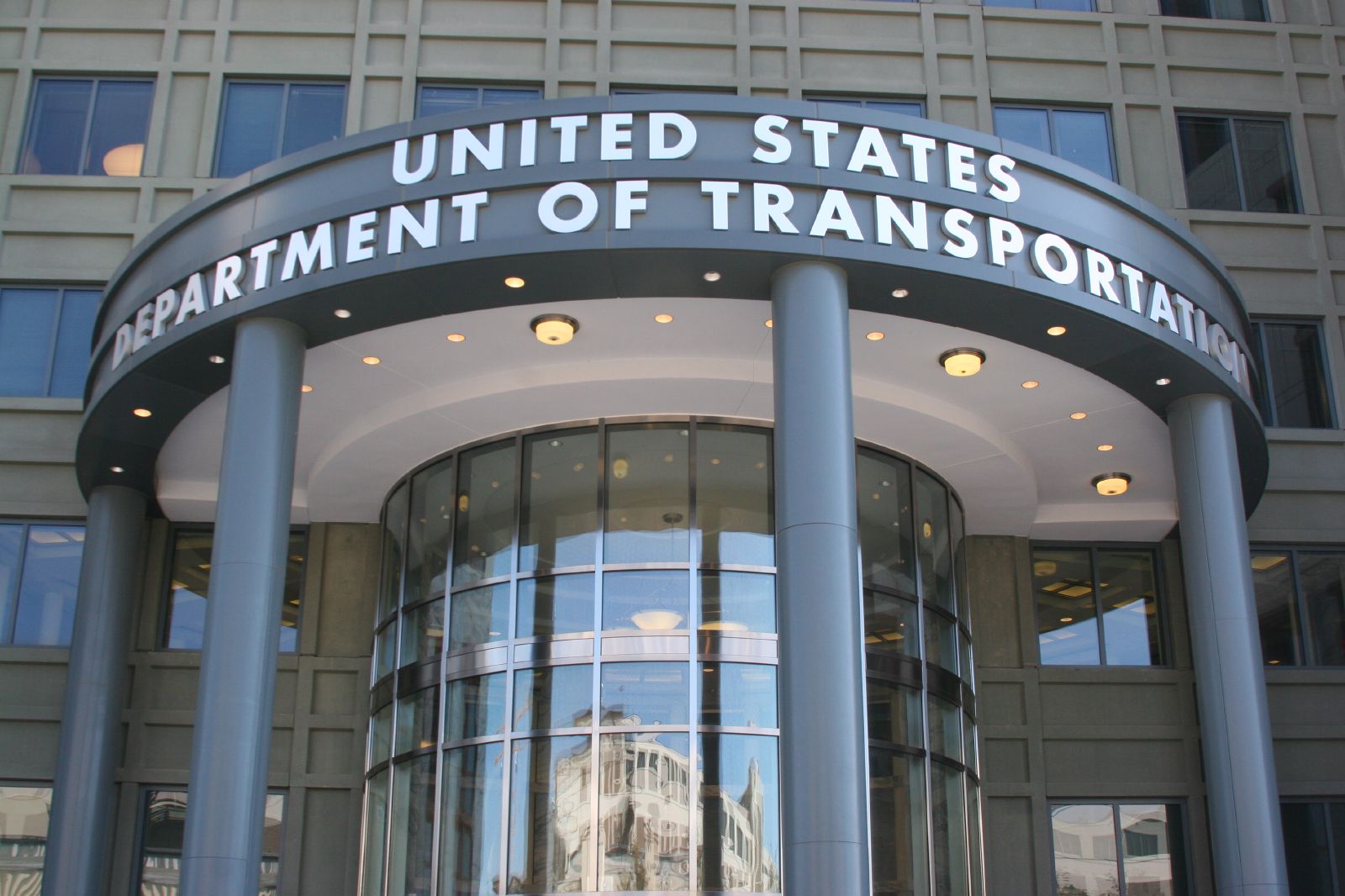
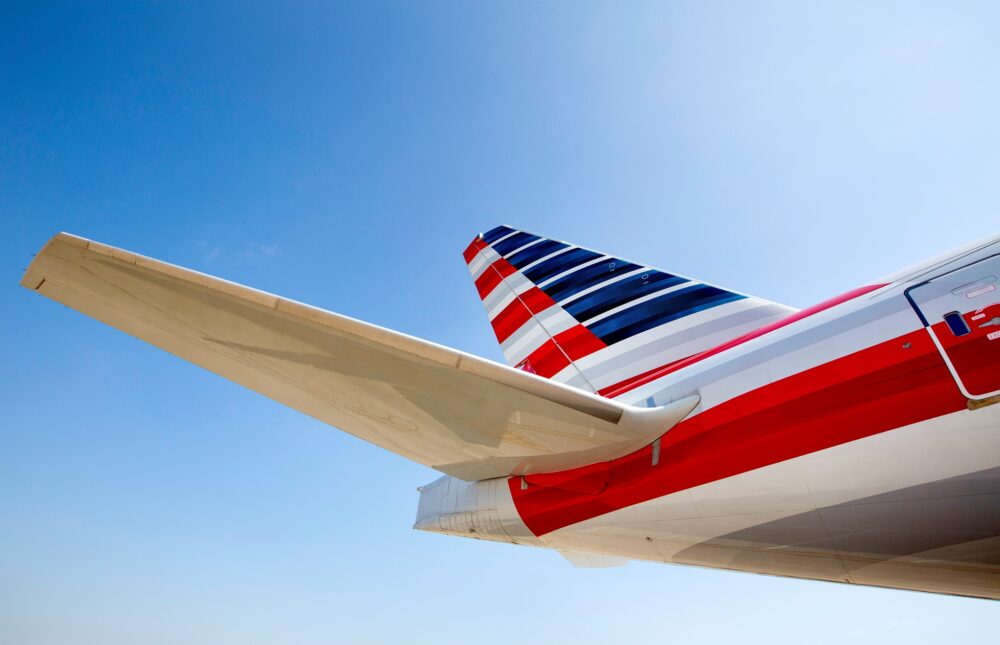

This action by the DOT is in response to fees that do not appear in the advertised price of the ticket. Airlines have shown a willingness to require flyers to click into a rabbit hole of many steps to get at all potential add-on fees. Fare structure and upgrade complexity is probably also being used by airlines to determine that making fee information more difficult to find is not an accident. The question is what is a reasonable business practice.
Well done, Southwest. Shame on the other airlines that are fighting upfront disclosure.
Airlines don't want you to know what their charging until you're at the gate with no choices except to pay. If you know in advance you might travel differently or take another airline.
Exactly how does that create major issues for flyers? More like the airlines don't want the backlash from flyers.
Isn't there a 'click here for fare rules' and 'click here for more baggage information' tab on websites? You also have to click that you understand rules/regulations before you purchase a ticket. If anyhing..put in red bold letters "click here for more information' so the average consumer doesn't blow past it.
Have you ever actual read the fare rules? At best, the are terribly ambiguous and obscenely long. Better still when you book a multi-segment flight, where each leg has a different set of fare rules, and there is absolutely no clear indicator of which rules will actually apply to the booking.